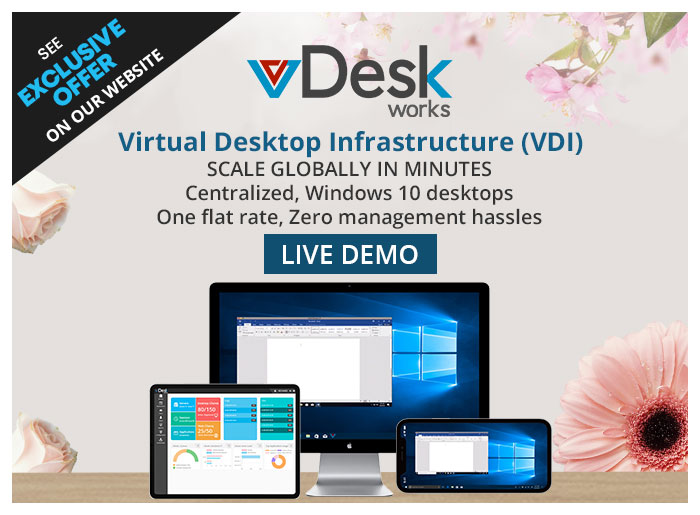In today’s fast-paced business environment, efficient time management is crucial for maximizing productivity and achieving organizational goals. Cloud-based time management software has emerged as a powerful tool to streamline operations, enhance efficiency, and empower teams to manage their time effectively. Here, we explore the top features that make cloud-based time management software indispensable in modern workplaces.
1. Real-Time Tracking and Monitoring
Cloud-based time management software offers real-time tracking and monitoring capabilities, allowing managers and team leaders to oversee tasks and projects as they unfold. This feature provides visibility into who is working on what tasks, how much time is being spent on each activity, and helps in identifying potential bottlenecks early on.
2. Remote Accessibility
One of the standout benefits of cloud-based solutions is their accessibility from anywhere with an internet connection. Team members can log their hours, update tasks, and collaborate seamlessly, whether they are in the office, working remotely, or traveling for business. This flexibility ensures that productivity isn’t hindered by geographical boundaries.
3. Task and Project Management Integration
Integrating time management with task and project management tools consolidates workflows and enhances efficiency. Users can create tasks, assign deadlines, and track progress within the same platform where they manage their time. This integration minimizes the need for switching between multiple applications, thereby optimizing workflow continuity.
4. Automated Timesheets and Reporting
Gone are the days of manual timesheets and tedious reporting processes. Cloud-based time management software automates timesheet creation based on logged activities, reducing errors and saving valuable administrative time. Detailed reports provide insights into time utilization patterns, project costs, and employee productivity metrics, facilitating data-driven decision-making.
5. Customizable Alerts and Notifications
To ensure deadlines are met and priorities are clear, customizable alerts and notifications keep teams informed in real-time. Whether it’s a pending deadline, an overdue task, or a new assignment, automated notifications help in prioritizing work and staying proactive.
6. Employee Time Tracking and Monitoring
For organizations focusing on billable hours or client projects, employee time tracking features are indispensable. Cloud-based solutions enable accurate tracking of billable and non-billable hours, ensuring transparency and accountability across the team.
7. Integration with Payroll and HR Systems
Seamless integration with payroll and HR systems simplifies the payroll process by syncing time data directly with payroll software. This integration eliminates discrepancies between reported hours and actual pay, streamlining payroll administration and ensuring compliance with labor regulations.
8. Data Security and Compliance
Cloud-based time management software prioritizes data security with robust encryption protocols and secure storage solutions. Compliance with industry standards such as GDPR ensures that sensitive employee information is protected, fostering trust and confidence among users.
9. Scalability and Customization
As businesses grow and evolve, scalability becomes a critical consideration. Cloud-based solutions offer scalability by allowing organizations to add or reduce users and features based on changing needs. Customization options further tailor the software to specific workflows and organizational structures, maximizing its effectiveness.
10. Cost-Effectiveness and ROI
Investing in cloud-based time management software offers significant cost savings compared to traditional on-premise solutions. With reduced hardware costs, lower maintenance expenses, and enhanced productivity, businesses can achieve a quick return on investment (ROI) while improving overall operational efficiency.
Conclusion
Cloud-based time management software has revolutionized how businesses manage time, tasks, and productivity in today’s digital age. By leveraging its top features such as real-time tracking, remote accessibility, and seamless integrations, organizations can optimize workflows, empower teams, and drive success. Embracing these technologies not only enhances efficiency but also positions businesses for sustainable growth and competitive advantage in a dynamic market landscape.



